
2022 is shaping up to be one of the most important years for fashion tech, with major news already rocking the industry to its core. As technology continues to be integrated into fashion, even luxury fashion retailers are embracing the role of technology as they look to connect to customers on new platforms.
The metaverse is also making a comeback in 2022, with the first ever Metaverse Fashion Week taking place, creating a digital space for world-famous catwalks.
Fashion tech is on the verge of major changes in 2022–and we’ll go over some of the most exciting updates we’ve seen so far, this year.
Stay in the loop with the latest news in fashion tech.
Farfetch recently announced its 2 million dollar investment in Neiman Marcus, bringing technology to the forefront of luxury. Farfetch, a technology-first company, uses digital tools to create a platform that connects customers and luxury brands. In an already crowded eCommerce space, Farfetch proved that by focusing on fashion technology, it could prove its value in the industry.
What does it mean?
Neiman Marcus is essentially allowing Farfetch to handle their integration to the online world, showing the pattern that many retailers are realizing: it’s easier to outsource complex technology builds than create them in-house. The lack of in-house technology, particularly in the fashion eCommerce space, has proven difficult for fashion eCommerce companies to integrate the newest technologies that we often read about: fashion artificial intelligence, visual search, and personalization.
The entry of Neiman Marcus into the online space leads to the question: are we approaching the convergence of offline and online shopping? The last protest from luxury regarding online is that the brand experience simply doesn’t translate into a webpage–but as we can see from the Neiman Marcus-Farfetch deal, luxury brands are now realizing the value-add of offering an immersive, personalized shopping experience online.
We saw the shift from the fashion catwalks of Paris to the metaverse this past month, as the first-ever Metaverse fashion week went live. Consisting of a mix of legacy luxury designers and digital-only designers, Metaverse fashion week kicked off.
However, many complained that the user experience could use improvement, and the graphics were in need of an update. But, those improvements will come over time–and somebody needed to be the first to host a fashion show in the metaverse.
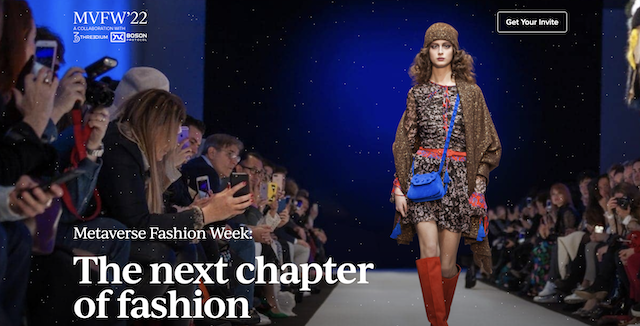
Lingering questions for brands looking to make the metaverse leap
With 49% of consumers unaware of the metaverse, it’s unclear whether the idea of the metaverse is still only being heard in the echo chambers of those in the industry.
And, how can brands align their metaverse strategy with overall brand strategy without looking too disjointed? This is particularly a question for luxury brands, who have an image to maintain in the eyes of consumers. How different and experimental should the metaverse be? And, community building also comes with risks for fashion brands that aren’t used to dealing with the decentralized community of the metaverse–community members can also derail the brand.
Finally, some are still complaining that the metaverse is nothing new–but rather, recycling ideas that were already present in gaming and fashion. We’d like to keep following the metaverse to see whether brands can get more creative.
Joor and a visual search tech company announced their recent collaboration, bringing AI into digital wholesale. Joor is a digital wholesale platform that has created an ecosystem of virtual showrooms, trade show experiences, and wholesale transactions. The company will use their AI tagging technology to help brands stop relying on third-party retailers to tag, creating an automatic and accurate tagging experience.
What does it mean for the industry?
Image tagging is one of the biggest problems that fashion eCommerce brands face. With manual tagging taking hours (and often leading to incorrect or repetitive fashion tags), AI-image tagging is leading the way in making a change in the industry.
Image tagging creates the foundation for fashion eCommerce brands to do all the things we read about: create unique personalization, write product descriptions, improve search results, offer more filtering tools, and more. Bad image tagging sets the foundation for a poor overall shopping experience–and in a crowded space, no one can afford to offer poor shopping experiences.
At YesPlz AI, we offer AI-powered image tagging that is based on products’ unique fashion attributes–we first define the key fashion attributes, then train the AI with image and text, review the results with fashion experts, and finally share the final tagging results with retailers, creating a seamless tagging experience.
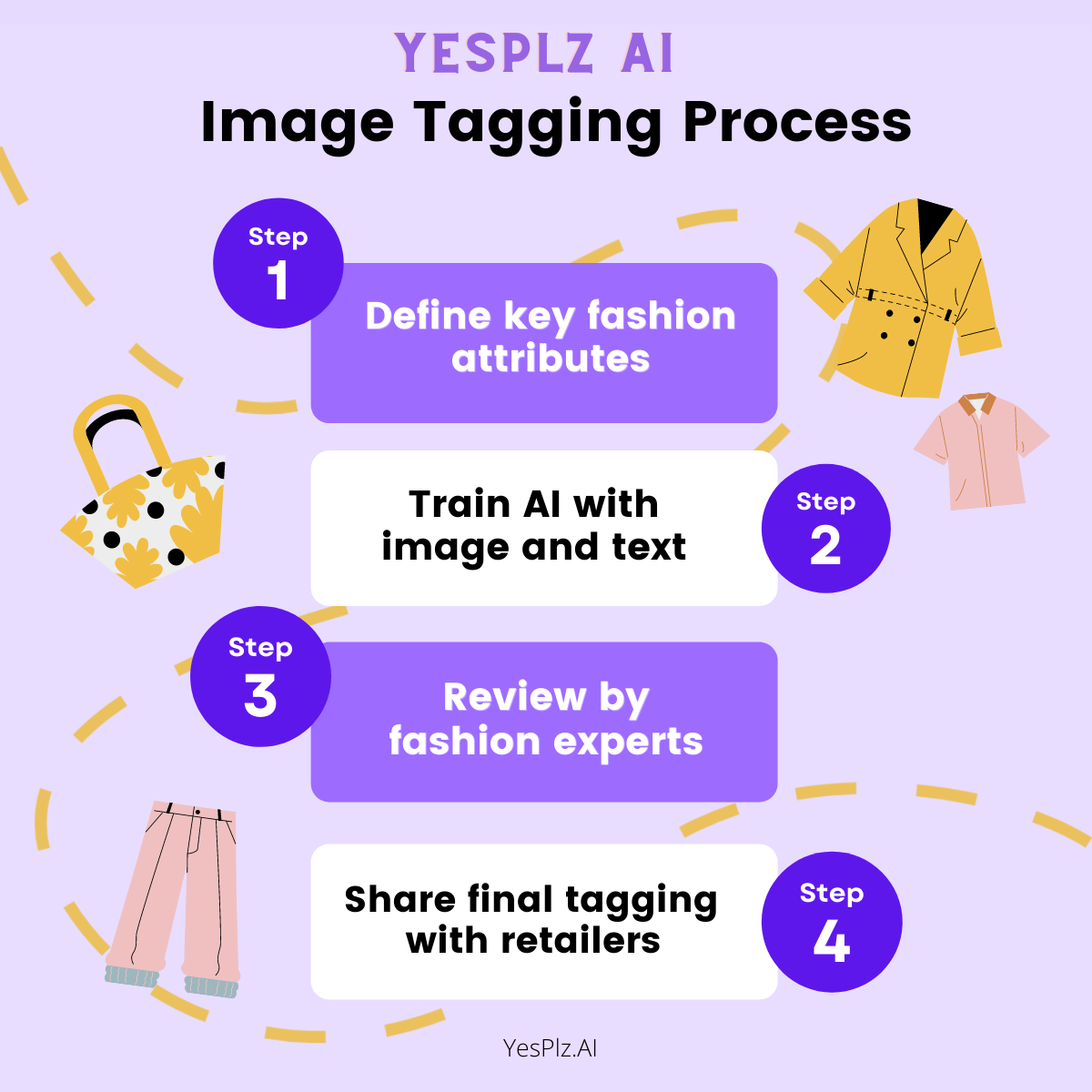
You can learn more about our image tagging here.
Gaming and fashion are a natural collaboration: players in video games are serious about customization and building unique outfits for their characters, offering the fashion industry a brand new set of potential customers. As the fashion industry asks itself how to better connect with Gen-Z, using gaming to tap into these digital-natives is a unique play.
As the technology everywhere is becoming enhanced with AI, we’re seeing brands take their gaming strategies to the next level. Adidas Originals recently announced that it is launching a personality-based AI generated avatar platform, where users can create their own avatars by using a questionnaire.
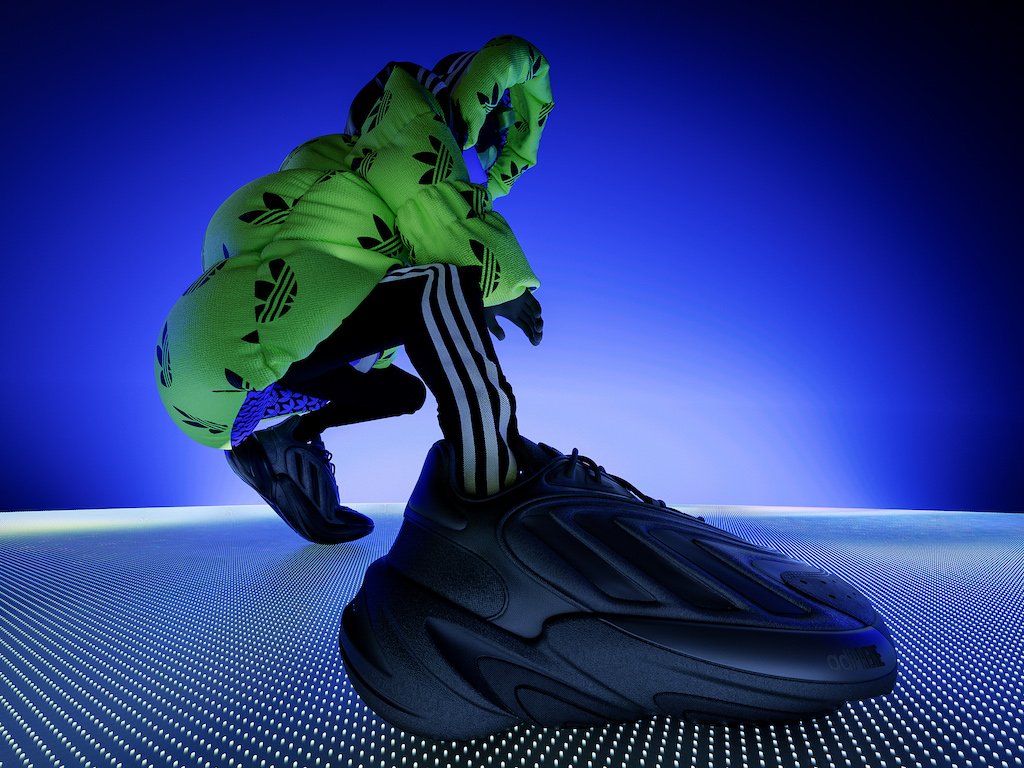
What does this mean for the future of gaming and fashion?
As the industry continues to look for creative ways to engage consumers, we expect to see more collaborations between legacy fashion brands and the metaverse. While some may view fashion’s play into gaming as an easy way to make profits (the video game skins industry is worth an estimated $40 billion per year), there’s another, more philosophical component.
The digital fashion of the metaverse is causing consumers to re-think what can and cannot be fashion, pushing the limits between virtual and reality. And, we’re seeing digitally-native designers emerge, who are creating digital garments that solely exist in the metaverse.
An example of the digital and physical worlds emerging
Other categories of fashion tech are also applying new solutions to old problems. For example, retailers are using fashion tech such as AI to help customers find new ways to search for clothing.
The fashion tech landscape is rapidly developing and changing in 2022
The fashion industry is changing faster than ever–and it’s important to update your own ways of doing business to keep up with the latest trends and technology.
For fashion eCommerce brands, powerful technology such as AI-powered fashion tagging and visual search are crucial to stay ahead of competitors.
Written by Jess Erdman
Content Marketing Lead
I'm passionate about creating cool content. The best part? I get to learn new things about fashion tech and ecommerce everyday. Have an idea or opinion about this article? Reach out at jess@yesplz.ai
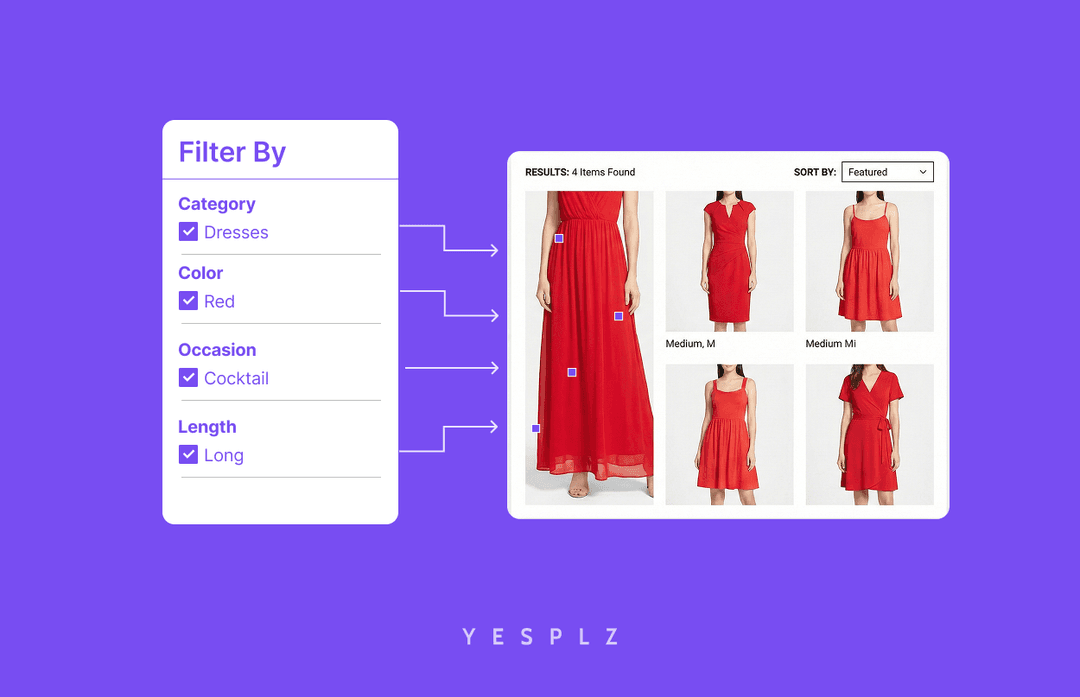
Stop losing sales to poor product filtering. Discover how AI simplifies creating Shopify filters, saving you 25-50 hours per 100 products.
by YesPlz.AI
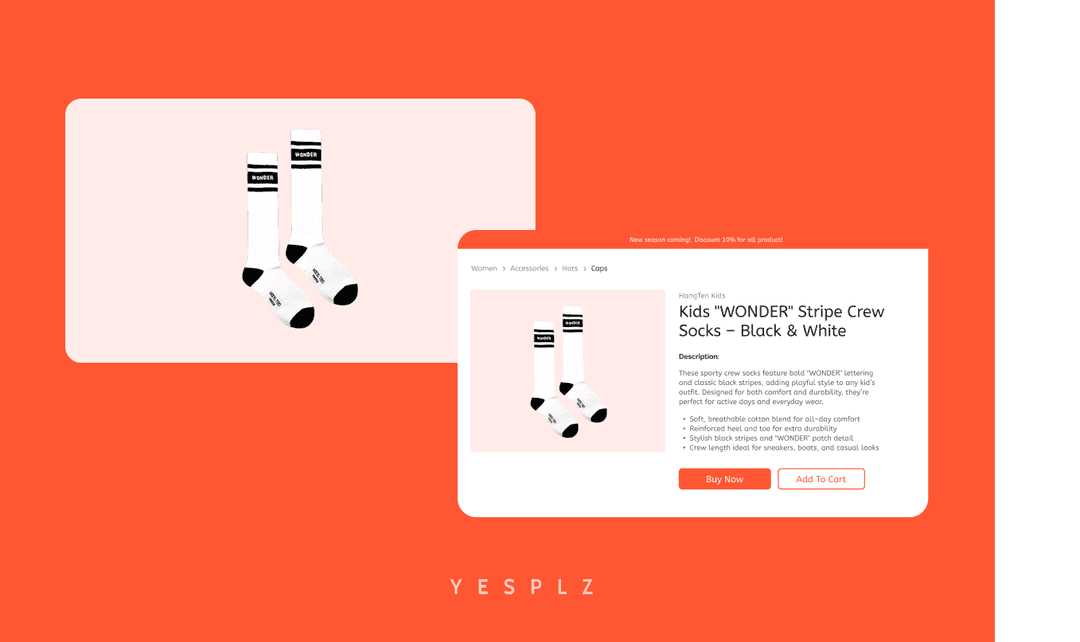
Automate Shopify product pages and cut 50–100 hours of manual work. AI generates product titles, descriptions, and metadata instantly from product images.
by YesPlz.AI